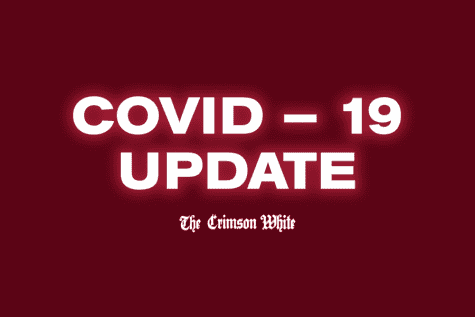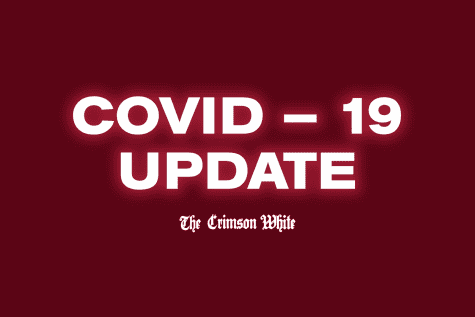GTAs left out to dry as instruction moves online
March 16, 2020
Four days have passed since The University of Alabama announced the decision to extend spring break and move to indefinite online instruction in response to the threat of COVID-19. Students and instructors are still reeling from the news, and as a graduate teaching assistant (GTA) in the College of Communication and Information Sciences, I understand the fear and anxiety of teachers and students alike.
Let me be clear: I don’t disagree with the decision made by the University. Obviously, I wish more information was available and that these decisions had been made sooner. But I’m most disappointed by the University’s reticence and the failure of leadership to provide proactive updates that aren’t copied and pasted from previous updates, like the bulk of UA President Stuart Bell’s schoolwide notice sent on Wednesday, March 11.
The University put me, my peers and the rest of the faculty and staff in a difficult and unfamiliar position by first insisting that the plan was to maintain normal operations, then finally shifting gears at the 11th hour. For more than a week, students bombarded my inbox and begged for answers during class, wanting to know what the plan was for the rest of the semester, and I had nothing to tell them. Even as a part-time educator, I have a responsibility to provide a meaningful education for these students, and this broke my heart.
Believe me, I wanted to know, too. Because my class meets Mondays and Wednesdays, I told students we would be meeting in person again at the conclusion of spring break. Of course, I’m still able to communicate with them via email, but I was left scrambling to prepare for this change in plans just one day before the beginning of spring break. This was the case for everyone in a teaching role on campus, but from my perspective, it disproportionately affects student instructors, including TAs and GTAs like myself.
I asked professors and advisors for more information and repeatedly asked that TAs and GTAs be added to distribution lists because we simply aren’t receiving updates that other faculty and staff are. This was to no avail. At least one instructor in my college has been kind enough to forward messages from the department head, the dean and the provost, but I have yet to receive any information directly from these authorities. BlackboardLearn support was the first and only group to contact me directly.
Furthermore, we received no guidance about how to adapt our classes, and I have mixed feelings about this. Because each class, even within a department or major, differs in structure and content, I can’t expect the University, the college or even the department to have very specific guidelines. I also understand that TAs and GTAs are trusted to make decisions on their own. But, I did expect that some high level, overarching support be offered. Beyond being offered assistance with the typical software like BlackboardLearn and Zoom, we got nothing of the sort.
At this point, it feels like it’s every man for himself.
Fortunately, my syllabus and course schedule were relatively easy to revise – and all of the forthcoming assignments can be completed and submitted digitally with the help of tools like Turnitin, though it still took several hours to make the necessary changes and communicate them to students, which was especially troublesome with spring break looming.
I also already uploaded and organized quite a bit of content using Blackboard throughout the semester, so my students already know where to find documents, instructions, lecture materials and updates online. I get the sense that this likely isn’t the case for many of my peers across campus, however.
There are instructors within my college who don’t use Blackboard at all, or use it on a limited basis. I can’t imagine how challenging it will be for them to adapt their course for online instruction, starting from scratch more than two-thirds of the way through the semester. And, if instructors in C&IS aren’t using these digital resources, the likelihood that many professors in other colleges and departments aren’t using them either is staggeringly high.
Classes with hands-on learning approaches, lab setting classes and discussion or performance-based classes like theatre, music and dance must be spiraling out of control. And in large part, classes taught by TAs and GTAs are in jeopardy of falling apart as young and often inexperienced instructors are left to their own devices in a time of confusion and uncertainty.
The University means a great deal to me. I received my undergraduate degree here, worked at this newspaper for years, came back to UA for my master’s degree and got the script A tattooed on my calf. I’m being critical because I care, and I want to leave this school in a better place when I finish my degree at the end of this term.
My message to my TA and GTA peers is this: Demand better communication. I cannot be the only one who’s struggling with uncertainty and a lack of direction related to the course I’m teaching in addition to managing my own coursework, research and off-campus job. We have to be vocal and adamant about our need for more information, in a more timely fashion, for the sake of our students and ourselves.
Jake Stevens is a graduate student pursuing his master’s degree in advertising and public relations. He was formerly The Crimson White’s editor-in-chief.









